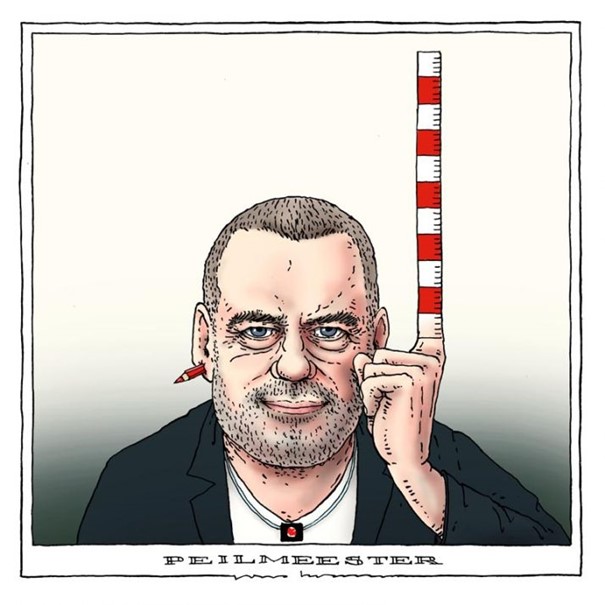
My name is Joop van Holsteyn — although the debate about the correct spelling of the surname (Holstein/Holsteijn/Holsteyn) among my own brothers and sisters is still unresolved… I am a professor of Political Behavior and Research Methods at the Institute of Political Science, Leiden University. I am a political scientist as well as a neerlandicus by training, but my love for the Dutch language and (modern) literature leads a rather dormant existence.
As a political scientist, I am mainly concerned with political behavior at the mass level. My scholarly attention is mainly focused on citizens in their capacity as voters in the Dutch representative democracy. Will they vote or not, and why or how do they make their party choice? This is a classic question in the field of electoral research, but also a question that has become increasingly difficult to answer over time, due to the increased volatility of the electorate.
A related issue that is addressed in my research concerns the functioning of political parties, especially from the perspective of ordinary party members. These pillars of representative democracy are increasingly exposed to criticism, because parties no longer fulfill the functions attributed to them; there is an ongoing debate on ‘the decline (or even the end!) of parties’. This creates tension and raises interesting empirical and normative questions. On the one hand, parties are still considered indispensable for the proper functioning of any vital representative democracy, but on the other hand, partly due to the decline in party membership, they are seen as obstacles to that proper linkage functioning.
In short, leading actors of representative democracy — the electorate, parties and party members — appear to be more subject to processes of change and behavioral change than in the recent past.